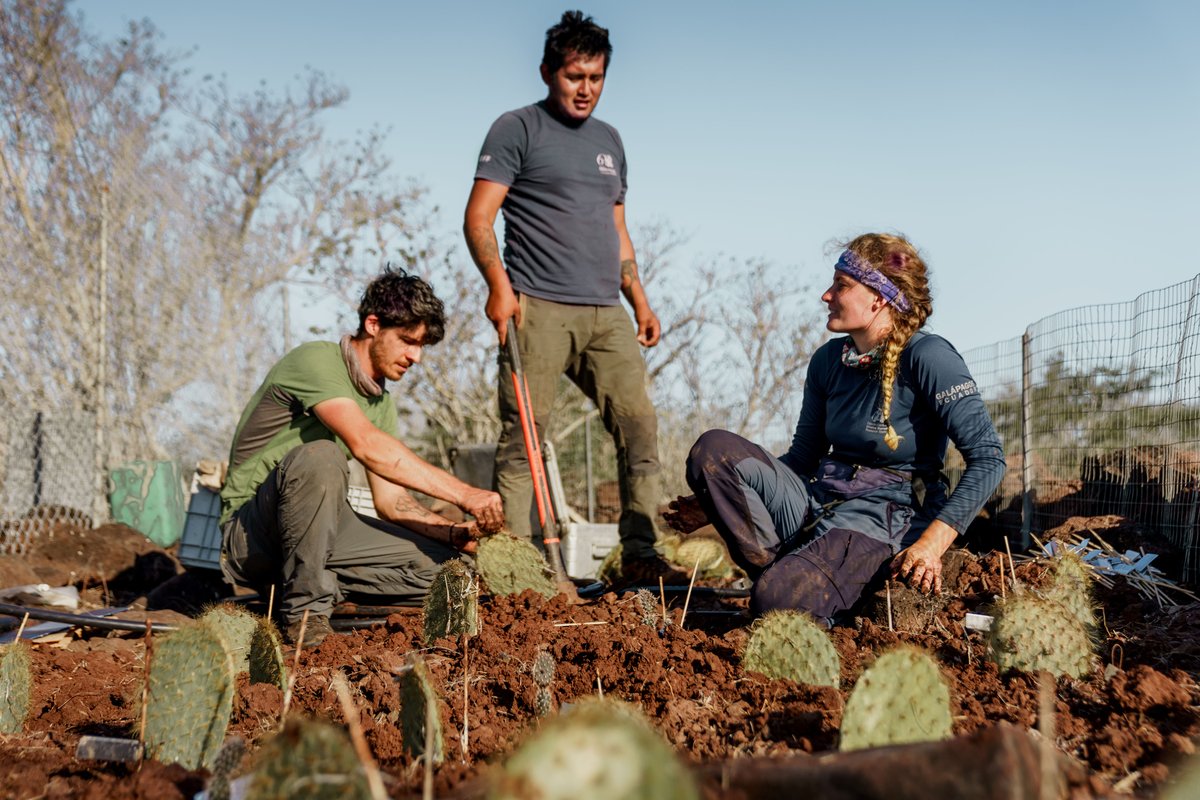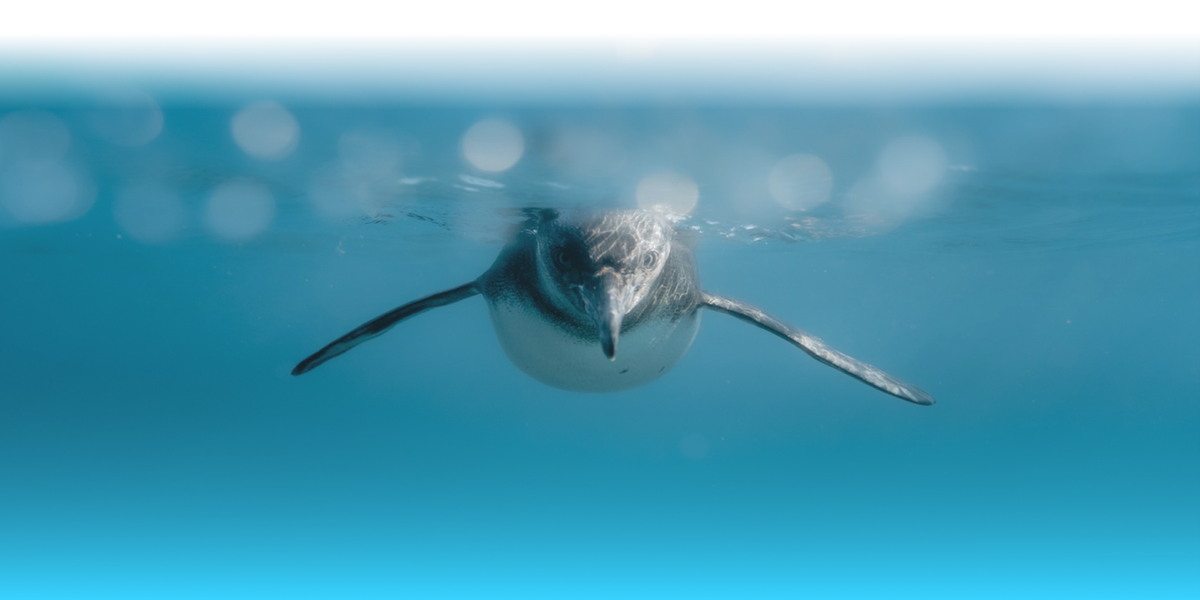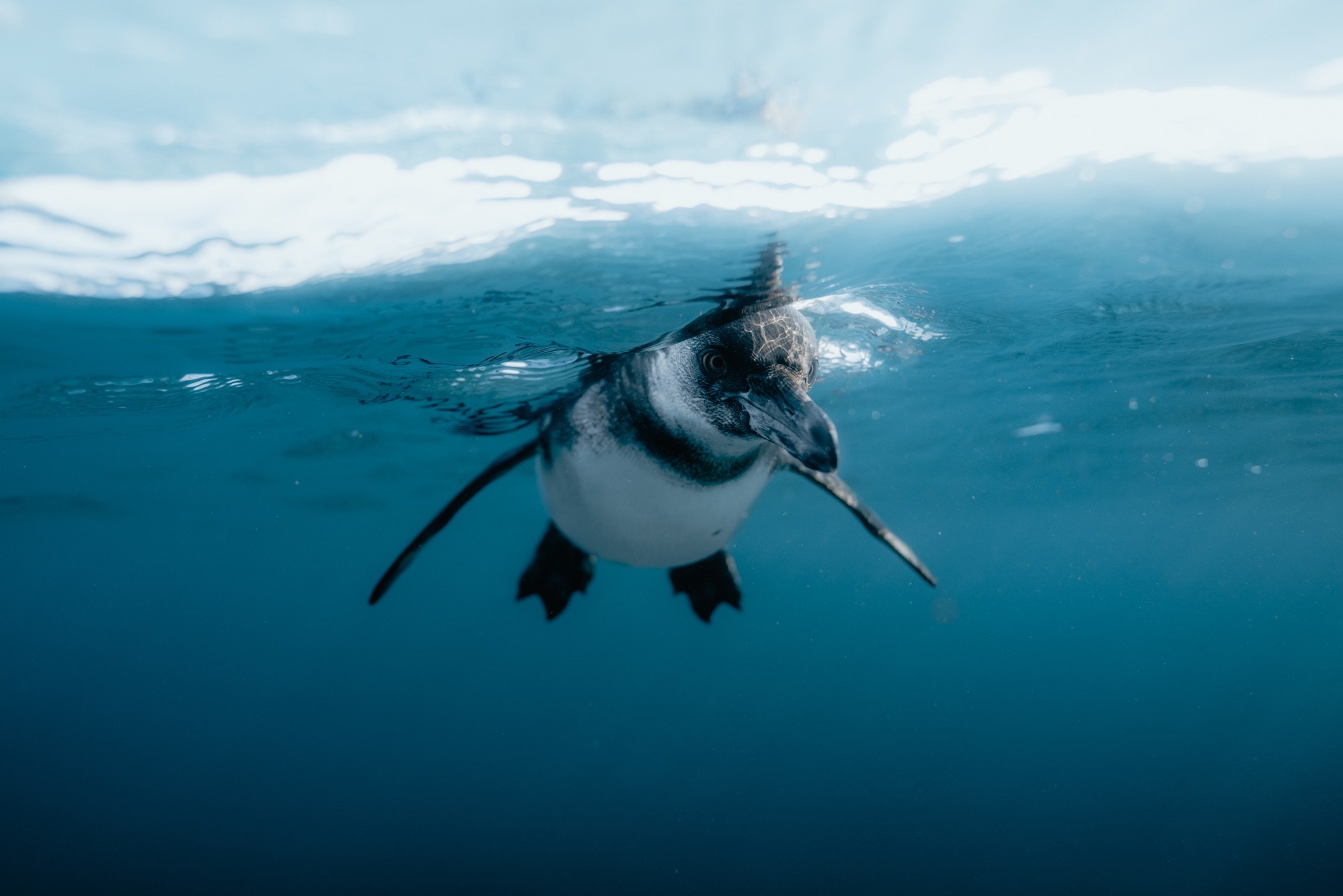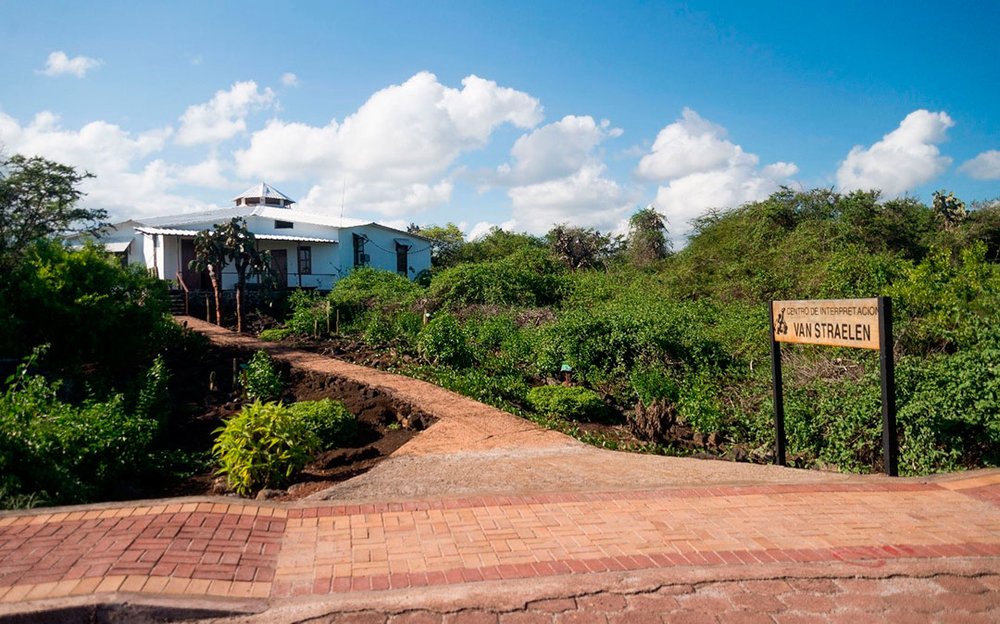
With more than 80,000 visitors annually, the Charles Darwin Research Station (CDRS) is one of the most visited places by tourists in the Galapagos Islands. The Van Straelen Interpretation Center, part of the visit to our Research Station, is a space where different exhibits about Galapagos have been showcased since its construction. The name of this building is in honor of the renowned Belgian Conservationist Victor Van Straelen, first President of the Charles Darwin Foundation (CDF), from 1959 until his death in 1964, year in which the CDRS was inaugurated in the Galapagos Islands.
Thanks to the support of Save Our Seas Foundation and the work of our outreach and marine biology teams, this iconic site will feature a new exhibit that will present relevant information on the importance of sharks for marine ecosystems and for the community. Questions gathered since 2014 through communication and environmental education campaigns about sharks, will be answered in different sections of the exhibit. This information will include data on prehistoric sharks, ecological role, anatomy and senses, scientific studies carried out in partnership with the Galapagos National Park Directorate (GNPD) and collaborators, among other interesting topics.
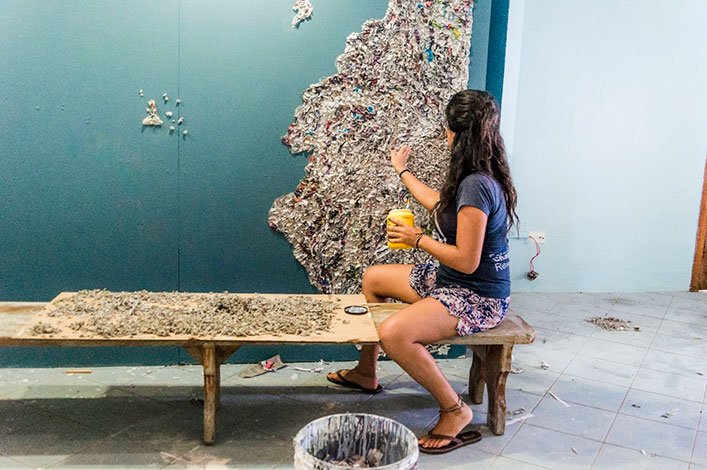
Staff members of the CDRS have volunteered their time to design a garden with endemic plants and fix parts of the infrastructure. We will replace the old furniture with some furniture donated by the Galapagos National Park. Together with our group of Shark-Ambassadors, we carried out several beach clean-ups in which we collected a large amount of marine garbage that includes plastic bottles, bottle caps, micro-plastics, glass, rubber, plastic bags, fishing nets and much more. With a little creativity and the artistic hands of our team, these materials are being reused in the new exhibit at the Center.
“The materials that we are reusing are things that are commonly used in Galapagos. They are materials that take many years to degrade, for example, plastics, glass, rubber, cardboard and paper. Most of this garbage goes directly to the sea when it is not treated properly, contaminating marine life"
— says Jonathan Atiencia, local volunteer and project artist.
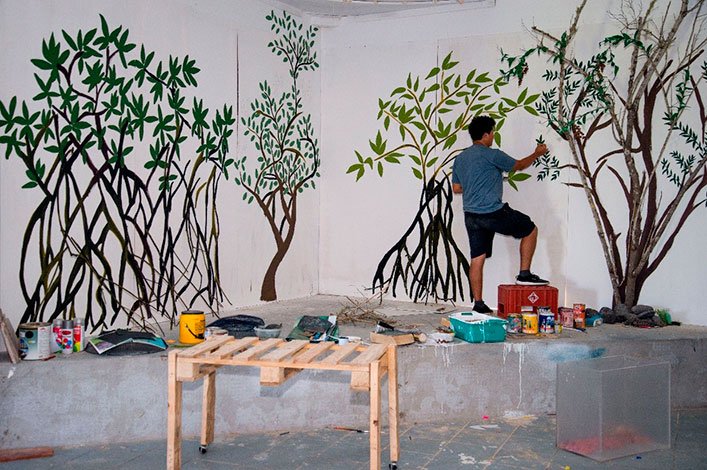
In addition to the new exhibition displays, we will have teaching materials, a small library and a space to carry out educational activities with the groups of students that visit us. The center will be open to the public and everyone who wants to learn about sharks and the marine world will be welcome. Soon we will have more updates!
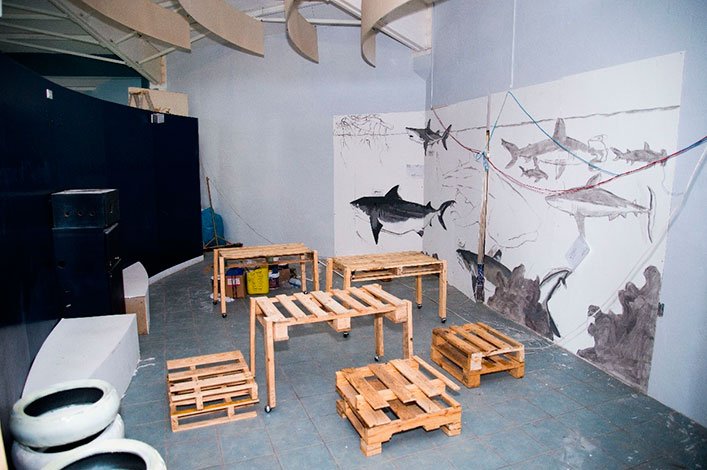
Thank you to those who are supporting us to re-open the Van Straelen Interpretation Center for the community! To support projects like these at the Charles Darwin Research Station, please donate now.
